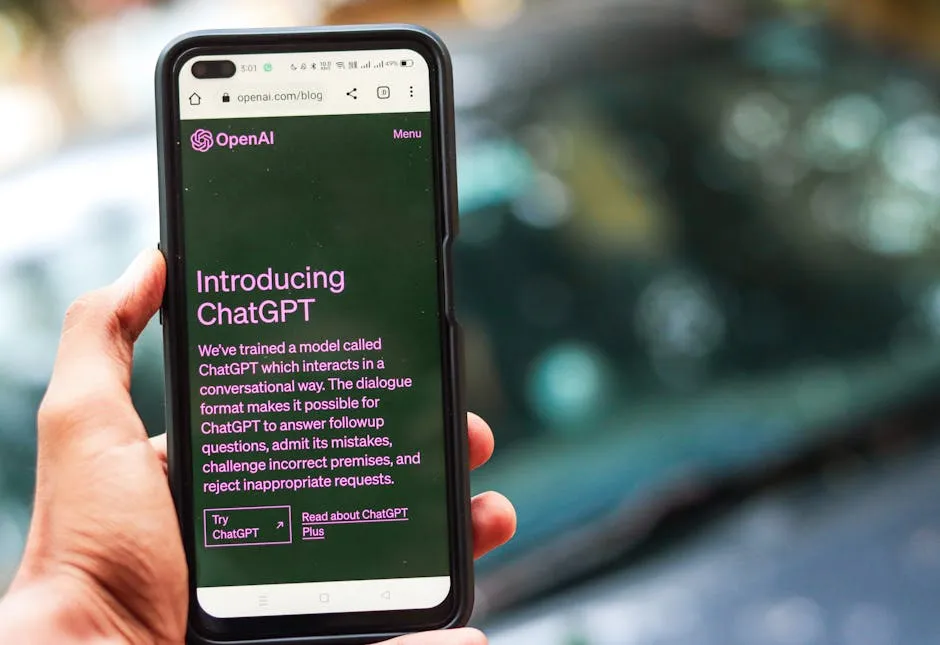Introduction
As we move closer to an era where technology seamlessly integrates with our daily lives, automakers are stepping up their game. General Motors (GM) has announced an exciting development: they are set to introduce a Google Gemini-powered AI assistant in their vehicles by 2026. This move highlights the growing trend of generative AI in the automotive sector, promising a more intuitive interaction between drivers and their cars.
What is Google Gemini?
Google Gemini represents a leap forward in AI technology. This advanced AI system is designed to respond to user requests in a natural and conversational manner, making it feel more like a helpful companion rather than just a tool. As part of a broader initiative, GM aims to enhance the in-car experience, enabling drivers to communicate with their vehicles in ways that mimic human interaction.
The Rise of Conversational AI in Automobiles
GM’s initiative is not happening in isolation. Other major players in the automotive industry are also embracing AI technology. For instance, Stellantis is working with French AI firm Mistral, while Mercedes has integrated ChatGPT into its vehicles. Tesla is also making waves with its xAI’s Grok, showcasing how competitive the market for AI-driven automotive assistants has become.
What Can Drivers Expect?
With the introduction of the Google Gemini-powered assistant, GM promises a range of features designed to enhance user experience. Here are some potential benefits:
- Natural Interaction: Expect a conversational interface that allows for easy communication. Drivers will be able to ask questions and make requests without the need for complicated commands.
- Personalization: The AI assistant may learn from user behavior, providing tailored recommendations and responses that cater to individual preferences.
- Enhanced Safety: By allowing voice commands and interactions, drivers can keep their hands on the wheel and eyes on the road, reducing distractions.
Challenges Ahead
While the potential of AI in cars is exciting, there are challenges to consider. Implementing such advanced technology requires overcoming technical hurdles, ensuring data security, and addressing user privacy concerns. As automakers integrate AI more deeply, they will need to navigate these issues carefully to maintain consumer trust.
The Future of AI in Automotive
GM’s commitment to incorporating Google Gemini into their vehicles signals a significant shift in the automotive landscape. As generative AI technology continues to evolve, the possibilities for enhanced driver assistance, navigation, and entertainment are virtually limitless. With this innovation, GM not only aims to improve the driving experience but also to position itself as a leader in automotive technology.
Conclusion
The introduction of a Google Gemini-powered AI assistant in GM vehicles by 2026 is a promising development that aligns with the industry’s shift towards more intelligent and interactive technology. As we look forward to a future where our cars can communicate more naturally, it’s clear that the automotive sector is on the verge of a significant transformation driven by AI.
